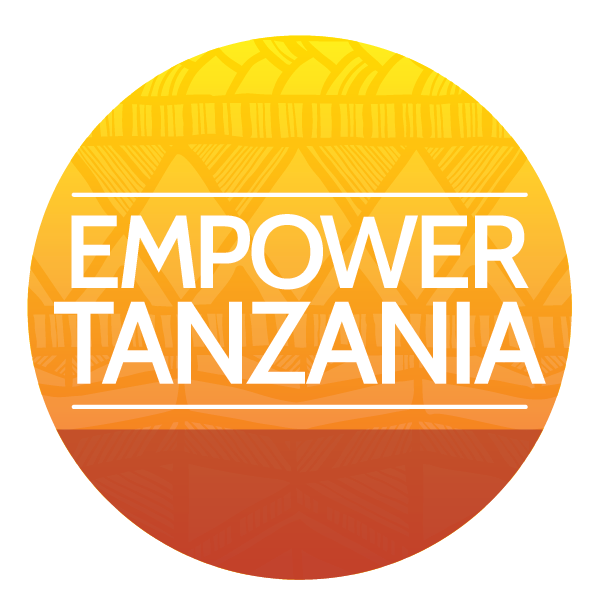Cell Phones In Tanzania
IF THEY’RE SO POOR, WHY DO THEY HAVE CELL PHONES? Tanzania is one of the poorest countries in the world, with incomes averaging about $2 per day. Poverty is ever present with a population that has electricity in only 10% of homes, with over 40% of children so malnourished that they are stunted physically and mentally, and with only 40% of homes able to access to safe water. Millions of dollars in aid go to Tanzania from governments, non- governmental organizations, and private donations.
Yet when you visit and observe, it seems as though everyone is using a cell phone. Isn’t this an unnecessary luxury in such a poor country? This is a question we get asked a lot. Our response? In a word, no.
In the course of its development, Tanzania skipped over the phase of communication technology in which copper wires were strung to homes and connected to telephones. Rather, Tanzania went straight to the wireless phase of telecommunications. Cell towers were built, vendors appeared to market phones, and systems established to sell access to the networks.
Basic phones sell for about $20 and access to the networks is done through scratch- off cards priced at various levels. By purchasing “air time” phone users can access the network to make calls or send texts. For as little as 50 cents, air time can be bought that allows a brief conversation or two OR several text messages.
These systems revolutionized communication in Tanzania as they have done elsewhere in the world. But, in Tanzania, this has been especially significant because there were virtually no other electronic means of communication—no “copper wire” phones, no faxes, very few computers, and therefore very little e-mail. Now, a Maasai man can speak to his son herding cattle 20 miles away. A doctor can call his hospital to alert them to an incoming patient. These phones have tied the nation together. While sitting around a campfire in the bush with Maasai warriors, it may look silly for someone’s cellphone to ring, but mobile phones connect people to each other in dramatic ways.
Tanzania is an underbanked country and in 2013 only 17% of adults had bank accounts. Since then, the four major mobile phone operators (Vodacom, Tigo, Airtel, and Zantel) each began offering mobile banking services to its customers. (In 2017, they agreed to an Interoperability Agreement that allows any of their customers to do transactions with any of the others.)
Under this mobile banking system, money can be sent from one customer to another via a text-based transaction. The recipient can covert this to cash at a registered agent, of which there are many across the country.
By December 2015, there were 41,380,791 registered users of this mobile banking system; 84% of adults were by then using mobile phones. Monthly transfers totaled $1.6 billion. The system has developed beyond cash transfers to include mobile savings, loans, and interest-bearing accounts.
This mobile banking system has facilitated economic development partly be replacing barter with cash transactions, but also by providing a safe means to transfer money without carrying cash. It has changed people’s lives by giving them access to loans for business development and the ensuing growth has created jobs and allowed greater financial control for consumers, business, and government.
Tanzanians may be poor, but they are smart enough to seize an opportunity like the novel use of mobile technology to help develop their country.
